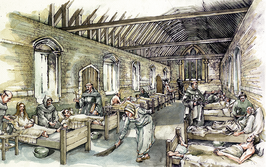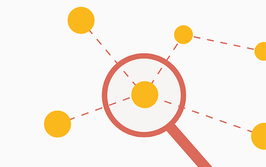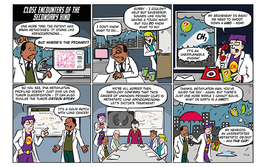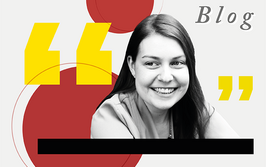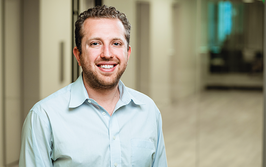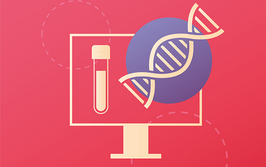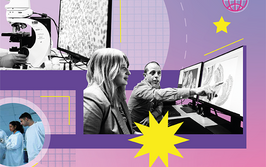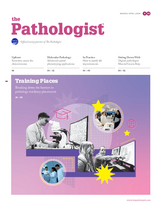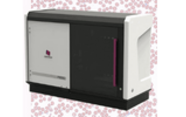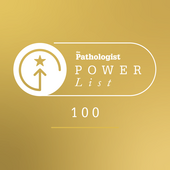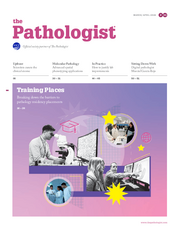The Cardiometabolic Chemist
Sitting Down With… Rojeet Shrestha, Researcher at the Faculty of Health Sciences, Hokkaido University, Sapporo, Japan
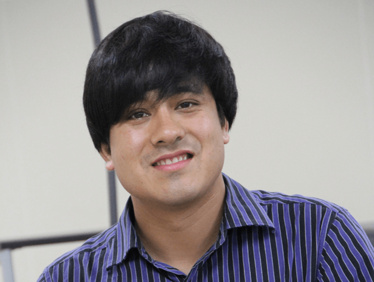
Why did you choose laboratory medicine?
My years as a postgraduate student at Nepal’s Tribhuvan University were challenging. I should have expected that – the program accepts only two students each year – but we were also the first batch of students to spend a considerable amount of time on clinical laboratory practice, medical laboratory education, and research. Most people emphasize diagnosis and prognosis in laboratory medicine, but I was interested in predictive biomarkers. Early identification of individuals at risk of disease will have a profound impact on socio-medico-economic problems. Cardiovascular disease and metabolic syndromes will soon be a global health crisis – and because lipids and lipoproteins are strongly associated with cardiometabolic disease pathophysiology, I chose that field for my research career.
Tell us about the ups and downs of your career…
I represent a phase of rapid advancement in Nepalese laboratory services. In my early career, automation in the clinical laboratory was something we could only read about. We did all of our laboratory investigations manually, and quality management was very difficult. Now, though, we have shifted toward automation, and toward a greater focus on quality control and accreditation.
One thing I have learned is that we laboratory professionals cannot just stay in the lab; we must interact with clinicians and patients. Proper instructions for specimen collection are crucial for reliable, accurate diagnosis. I remember reporting azoospermia in a patient, but then discovering that we had received a nasal discharge sample (“segan” in the local language) instead of the requested sample (semen)! Because the clinical staff had not explained how to collect the specimen, the patient never realized his error…
In early 2013, I hit a speed bump: stage II diffuse large B-cell lymphoma. I was devastated. Not only was I living and working in a foreign country, but now I also had to juggle cancer treatment! But I couldn’t let cancer stop me, so I revised my day-to-day schedule, with chemotherapy in the mornings and work in the afternoons. It was a dark moment in my life, but it taught me the importance of seizing the moment. Whatever you can do, do it today – because who knows what will happen tomorrow?
How did the new outlook affect your career?
I think that attitude, along with my interest, eagerness and enthusiasm, has played a significant role in my achievements to date. I strongly believe in the maxim, “Where there’s a will, there’s a way.” Throughout my career, I have always been keen to learn, and every day’s experience has taught me new things. Hard work and consistent devotion are the keys to success – and each new achievement inspires and motivates me further.
What’s your biggest highlight so far?
During the AACC annual meeting in 2016, Carl Burtis – editor of Tietz’ Fundamentals of Clinical Chemistry – invited me to the Clinical Chemistry editorial dinner. It was so special for me to spend time with the person whose textbook I had used for decades. I was presented with a recent edition of the textbook autographed by all the editors of Clinical Chemistry. To this day, it remains the most precious gift I have ever received.
What advice could you offer colleagues?
Today’s young laboratory professionals are the pillars of future lab medicine. Providing them with appropriate training is key for success. I always try to inspire my students, and I get as much joy from their achievements as from my own. I always enjoy communicating with students and early-career professionals in laboratory medicine; I use social media to stay in touch with hundreds of colleagues, and I am always happy to provide advice and suggestions when asked.
For those considering a career in laboratory medicine, I would like them to know that the field has a bright future! It will always occupy a central role in medicine, and its practitioners are true behind-the-scenes heroes in patient care. Of course, not every laboratory medicine professional works in a healthcare setting; many pursue research instead – and both are equally valuable contributions to science and society.
The world of laboratory medicine has expanded its focus beyond the lab walls, though. Professional networking – both in person and online – is an integral part of any science career. I am heavily involved myself: I created the Nepal Association of Medical Laboratory Sciences’ Facebook group (3,000 members); I am the elected secretary of the AACC’s Lipoprotein and Vascular Disease Division; I contribute to the Clinical Chemistry Trainee Council’s online educational resources; and, recently, I was appointed as both an executive member of the IFCC’s Committee on Internet & eLearning and social media coordinator of the IFCC as a whole. It is a huge responsibility for me, but also a great way to contribute to our academic society – and I hope it encourages other laboratory medicine professionals to do the same.
What most inspires you?
Meeting eminent scientists in person is a great source of inspiration. I remember when I first attended an international meeting, I had the wonderful opportunity to meet and talk with prestigious figures in the field of clinical chemistry – people I had only known from the bylines on scientific papers and textbook chapters. Even brief talks with scientific heroes are motivating!

While obtaining degrees in biology from the University of Alberta and biochemistry from Penn State College of Medicine, I worked as a freelance science and medical writer. I was able to hone my skills in research, presentation and scientific writing by assembling grants and journal articles, speaking at international conferences, and consulting on topics ranging from medical education to comic book science. As much as I’ve enjoyed designing new bacteria and plausible superheroes, though, I’m more pleased than ever to be at Texere, using my writing and editing skills to create great content for a professional audience.

